It seems we can’t find what you’re looking for. Perhaps searching can help.

- Rawalpindi / Faisalabad
- Info@aircs.pk
- Mon - Sat 9.30 am - 6.30 pm
Menu

Menu
Tag: Family Immigration
- AIRCS
- Family Immigration
Nothing Found
Contact
-
-
Rawalpindi / Faisalabad
-
Mon – Sat : 9.30 am – 6.30 pm
Copyright © 2025, All Rights Reserved











